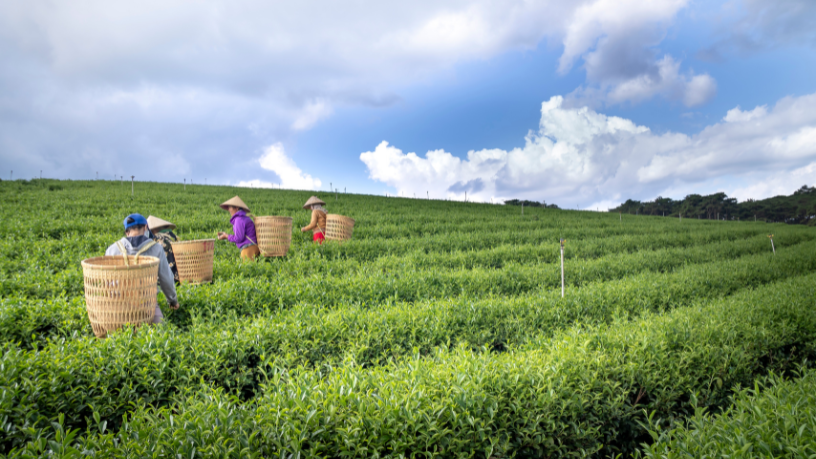Digital transformation in the countryside has opened new paths for efficiency in agricultural production. Among the most promising innovations, predictive AI stands out for enabling producers to make decisions based on precise data and reliable projections. According to entrepreneur Aldo Vendramin, the application of this technology has been significantly reducing crop losses by anticipating weather problems, pests, and fluctuations in productivity.
With algorithms capable of processing large volumes of data in real time, predictive artificial intelligence helps forecast risks, adjust management practices, and optimize input usage. This approach, centred on early information and customised strategies, raises the level of farm management and delivers sustainable gains for the entire agribusiness chain.
Predictive AI as an ally of productivity in the field
The use of predictive AI in the agricultural sector is already a reality in various regions of Brazil. Soil sensors, satellite imagery, historical weather data, and crop cycle information feed intelligent platforms that identify patterns and offer early diagnoses. This allows, for example, the prediction of disease outbreaks in specific crops, estimation of the best harvest time, or identification of irrigation needs based on real data.

According to Aldo Vendramin, the greatest advantage of predictive AI lies in its anticipatory capacity. By knowing in advance what might compromise the harvest, the producer can act preventively, reducing losses and improving the use of natural resources. This makes agriculture more resilient and less dependent on intuition or emergency reactions.
Preventing losses based on data
Loss of productivity due to avoidable causes remains one of the main bottlenecks in agribusiness. Unexpected weather changes, improper management, and pest attacks are examples of factors that can be minimised through predictive technologies. By analysing historical records and behaviours, AI can indicate risk scenarios with high accuracy.
As Aldo Vendramin highlights, this technology allows farmers to replace decisions based solely on empirical experience with strategies grounded in data. This change in mindset results in more efficient operations, with reduced waste and lower environmental impact. Moreover, it increases the predictability of crop financial results, facilitating rural business planning.
Sustainability and rational resource use
Another relevant aspect is the role of predictive AI in promoting sustainability. By recommending precise use of fertilisers, pesticides, and water, intelligent systems prevent excessive input usage, reducing soil and water contamination. This contributes to environmental preservation and lowers operational costs, creating a virtuous cycle between productivity and ecological responsibility.
Mr. Aldo Vendramin’s experience shows that, in addition to preventing losses, predictive AI has helped producers meet traceability requirements and international certifications, adding value to their products in external markets. The integration of technology with social and environmental responsibility is now an important competitive advantage for Brazilian agribusiness.
@aldovendraminEstratégias de venda no mercado interno e externo com Aldo Vendramin Vender no mercado interno ou expandir para o mercado externo? Cada estratégia exige planejamento e conhecimento das dinâmicas comerciais. Aldo Vendramin explica os desafios e oportunidades de cada cenário, ajudando as empresas a definirem a melhor abordagem para seus negócios. Confira essa análise com Aldo Vendramin! #AldoVendramin #QuemÉAldoVendramin #OQueAconteceuComAldoVendramin #EmpresárioAldoVendramin #DonoDaConsilux #ConsiluxTecnologia
Democratising access and next steps
Despite advances, the use of predictive AI is still concentrated among producers with greater investment capacity. To broaden the positive impact of this tool, it is essential to promote access to low-cost platforms, foster partnerships with cooperatives, and encourage public policies aimed at digitalisation in the countryside.
The future of agricultural production lies in intelligent foresight. Expanding the use of predictive AI can make Brazilian agriculture even more efficient, resilient, and prepared for climate and market challenges. With planning, technical support, and strategic investments, this technology has the potential to transform how the countryside is organised, produces, and delivers value to society.
Author: Vania Quimmer





